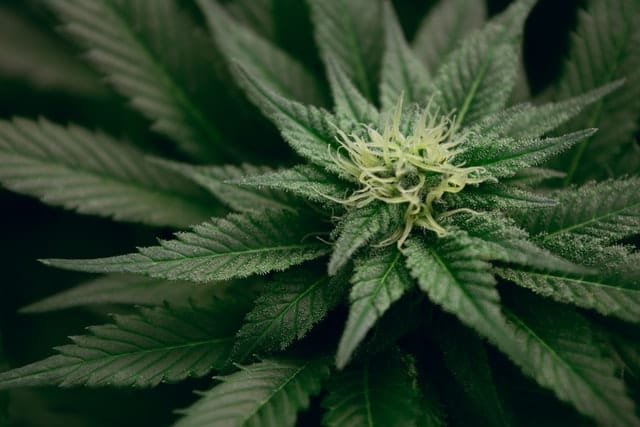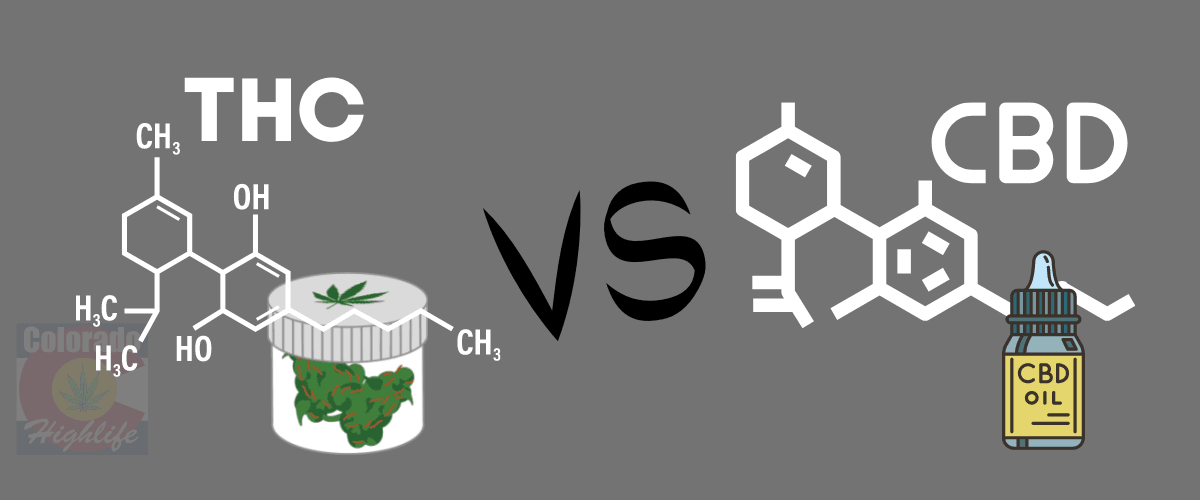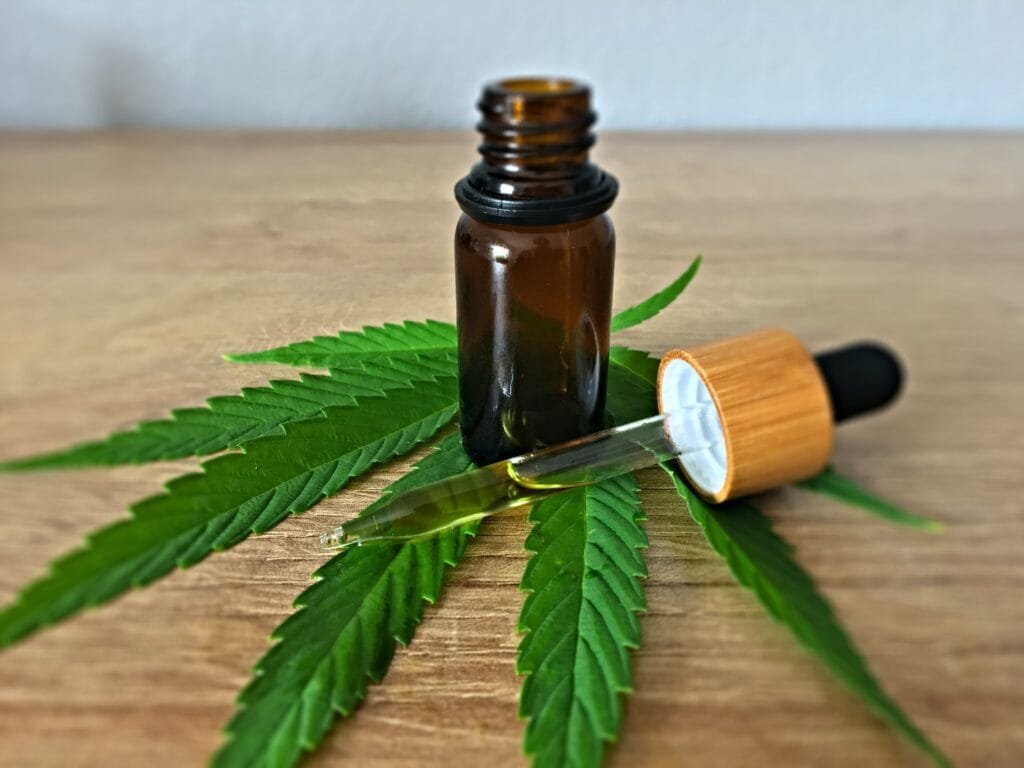We’re witnessing positive trends of worldwide legalization of marijuana for recreational use. Now, when 18 U.S. states have legalized marijuana for recreational use, we’re getting more data about how it affects driving . And you may be surprised to learn THC and CBD might affect driving differently. So how does marijuana and CBD affect driving?
The answer depends on the fact if marijuana contains THC or not. Studies show that CBD doesn’t affect driving abilities. However, THC itself impacts your motoric skills and causes motoric impairment which can last up to 4 hours.
Despite the growing number of states that are legalizing marijuana, there’s still a fair amount of pushback. It’s complicated, and not just because of the conflict between state and federal law — or because cannabis-derived products can contain different levels of THC, the component in marijuana that makes people “high”.
Being aware of law regulations is crucial if you’re even considering using marijuana and driving. Just make sure when your on your vacation you don’t drive high, that could land you in a heap of trouble.

Law regulations
The legal status of cannabis is rapidly changing across the US, with 18 states and Washington, DC, having legalized recreational use of the substance. In addition, 13 U.S. states have decriminalized cannabis.
The debate over legalization has been heated, with proponents arguing that prohibition has failed to curtail use and left too many people suffering from criminal penalties for using a plant that’s safer than alcohol. Opponents worry about the potential dangers of widespread legalization and argue that the medical benefits of cannabis are unproven.

Consider this: if you possess cannabis-related products in a state where they’re illegal or don’t have a medical prescription in states where the products are legal for medical treatment, you could face legal penalties.
Both plants are from the Cannabis sativa plant species, but hemp contains 0.3 percent THC or less while marijuana contains over 0.3 percent THC. Legal hemp must contain 0.3 percent THC or less, but anything containing more than 0.3 percent THC is classified as illegal under federal law. Hemp can be extracted into oil, gummies, gels, tinctures, concentrates, extracts, and more.
CBD vs THC – What’s the difference?
Cannabidiol (CBD) and tetrahydrocannabinol (THC) are two natural compounds found in plants of the Cannabis sativa plant. Although CBD can be extracted from both hemp and cannabis, CBD products are mostly derived from hemp oil.
Both plants contain a variety of chemical compounds that interact with cannabinoid receptors throughout the body, but there are many differences between them. Despite their similar chemical structure, CBD and THC impact your mind and body differently. CBD is psychoactive but not in the same manner as THC.
Chemical structure of CBD and THC
Differences in chemical composition account for the differences in effects between CBD and THC. Both CBD and THC are composed of a unique combination of 21 carbon atoms, 30 hydrogen atoms, and 2 oxygen atoms. This is where the similarities end. A slight difference in how the atoms are arranged results in a molecule with vastly different effects on your body. Both CBD and THC interact with your cannabinoid receptors, but they do so in different ways.
CBD and THC are chemically similar to your body’s endocannabinoids. This allows them to affect your cannabinoid receptors. This interaction releases neurotransmitters in your brain. Neurotransmitters are chemicals responsible for relaying messages between cells and have roles in pain, immune function, stress, and sleep, to name a few.
Side effects of CBD and THC
THC is the compound that causes users to feel “high” or euphoric. It is also responsible for causing temporary side effects, such as increased heart rate, coordination problems, dry mouth, red eyes, slower reaction times, and memory loss. THC is a psychoactive ingredient that can cause anxiety and paranoia.
CBD does not cause users to feel high or get them “stoned.” In fact, CBD has been shown to reduce the psychoactive effects of THC. CBD also causes few side effects that are independent of THC use. CBD may have appetite-changing properties, as well as fatigue and weight loss.

To sum it up
In a nutshell: THC is the psychoactive part of marijuana that produces a “high” when consumed. CBD is another chemical compound found in cannabis that does not produce a high or alter you in any way. The two substances interact with your body differently, and even though they’re both derived from the same plant, their legal status varies from one state to another.
Some studies suggest that taking low doses of CBD may not impair your driving ability, while other studies suggest that other strains of cannabis can affect your performance differently in the car. The best way to be safe when using cannabis is to wait several hours after using before driving.

